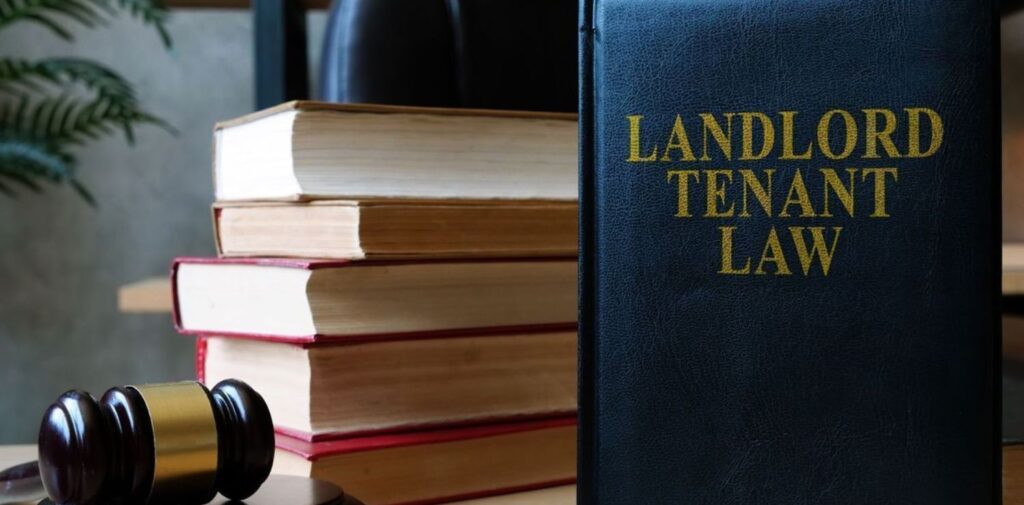
Rent control laws play an important role in maintaining a fair and balanced relationship between landlords and tenants. In Gurgaon, as in many parts of India, understanding the Rent Control Act can help tenants and landlords navigate their rights and responsibilities. If you are planning to rent a property or if you are a landlord in Gurgaon, knowing how the Rent Control Act works is essential. This article explains the key features of the Rent Control Act in Gurgaon and how it impacts both tenants and landlords.

What is the Rent Control Act?
The Rent Control Act is a set of laws designed to regulate the relationship between landlords and tenants. Its primary goal is to ensure that tenants have a fair deal and are protected from unfair rent hikes, eviction, and exploitation. For landlords, the act ensures they can receive rent regularly and have the legal right to evict tenants who violate the terms of their rental agreement.
In Gurgaon, the Haryana Urban (Control of Rent and Eviction) Act, 1973, governs the rental agreements and disputes between landlords and tenants. It applies to both residential and commercial properties in urban areas of Haryana, including Gurgaon.
Key Features of the Rent Control Act in Gurgaon
Rent Fixation and Increase
One of the most important aspects of the Rent Control Act is the regulation of rent amounts. Under the Act, landlords cannot charge an arbitrary rent and must follow specific guidelines for rent fixation. The rent should be reasonable and based on factors such as the size of the property, the location, and the prevailing market rates.
Moreover, the Rent Control Act places limits on how much a landlord can increase the rent. Any increase in rent must be justifiable, and there are restrictions on how frequently the rent can be increased. Typically, the rent can be increased every year, but the increase cannot exceed a certain percentage of the rent. This helps protect tenants from sudden or unfair rent hikes.
Protection Against Eviction
The Rent Control Act also provides protection to tenants against unlawful eviction. A landlord cannot simply evict a tenant without a valid reason. According to the Act, eviction can only occur under specific circumstances, such as:
- The tenant has not paid rent for a prolonged period.
- The tenant is using the property for illegal purposes.
- The landlord wants to use the property for personal use and requires the tenant to vacate.
If the landlord wishes to evict the tenant, they must file a petition with the Rent Controller, who will decide whether the eviction is justified. Tenants can also challenge the eviction order in court if they believe the reasons for eviction are not valid.

Tenancy Agreements and Security Deposit
Under the Rent Control Act, it is mandatory for both parties—tenant and landlord—to sign a rental agreement. The agreement should outline the rent, the duration of the lease, and other important terms like maintenance responsibilities, security deposit, and eviction conditions. While the Rent Control Act does not impose a fixed amount for the security deposit, it is generally a few months’ rent, and this amount should be agreed upon by both parties in the lease agreement.
Landlords are required to refund the security deposit to tenants at the end of the lease, provided the tenant has adhered to the terms and condition of the agreement. The security deposit cannot be retained without a valid reason, such as unpaid rent or property damage beyond normal wear and tear.
Rent Control Tribunal
In case of disputes between landlords and tenants, the Rent Control Act provides a platform for resolution. In Gurgaon, the Rent Control Tribunal is responsible for handling matters related to rental disputes, including issues related to rent increases, eviction, and other disagreements between landlords and tenants.
Both landlords and tenants can approach the Rent Control Tribunal for a speedy and cost-effective resolution of their issues. The Tribunal has the authority to review the lease agreement, assess the situation, and give a fair judgment based on the law. This helps prevent prolonged court cases and ensures that rental disputes are resolved within a reasonable time frame.

How Does the Rent Control Act Benefit Tenants and Landlords?
The Rent Control Act offers protection and fairness to both landlords and tenants. For tenants, it ensures that they are not subjected to unfair rent increases or sudden evictions. It also provides an avenue to challenge any unjustified claims made by landlords.
For landlords, the Act ensures that tenants pay rent regularly and adhere to the lease terms. It also provides a clear legal process for eviction when necessary, protecting landlords from the risks of non-paying or troublesome tenants.
Challenges and Limitations
Despite the benefits, the Rent Control Act in Gurgaon also faces some challenges. For example, many landlords prefer to rent their properties on informal agreements due to the restrictions imposed by the Act. Some landlords argue that the rent control laws make it difficult to adjust rent according to market trends or remove tenants who are not paying rent.
Furthermore, there may be delays in dispute resolution due to a backlog of cases in the Rent Control Tribunal. These delays can make it difficult for both tenants and landlords to resolve issues quickly.
Conclusion: Things to Know About Gurgaon’s Rent Control Act
The Rent Control Act in Gurgaon provides a fair framework for both tenants and landlords to ensure their rights are protected. It regulates rent increases, protects tenants from unlawful eviction, and offers a legal mechanism for resolving disputes. Understanding the key provisions of the Act is crucial for anyone renting or leasing property in Gurgaon. By adhering to the law, both tenants and landlords can avoid unnecessary conflicts and ensure a smooth rental experience.

